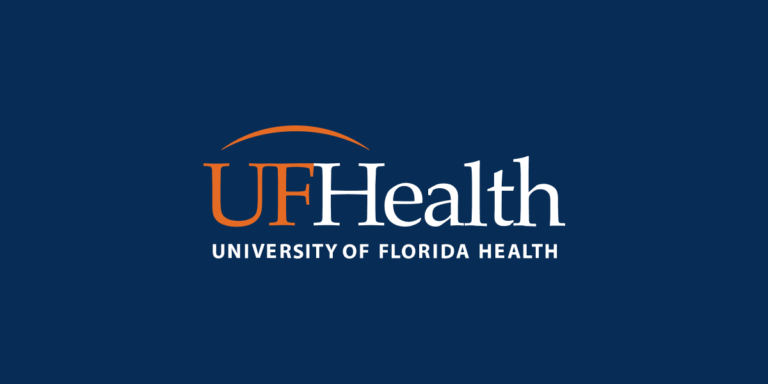meaning
Hypertensive heart disease refers to heart problems that occur as a result of having high blood pressure over a long period of time.
alias
High blood pressure – hypertensive heart; High blood pressure – hypertensive heart
Cause
High blood pressure means that there is too much pressure in your blood vessels (arteries). Your heart has to work harder to pump blood against this pressure. Over time, this causes the heart muscle to thicken.
High blood pressure often has no symptoms, so you can have a problem without realizing it. In most cases, symptoms only appear after years of poorly controlled blood pressure have damaged the heart.
Eventually, the muscles may become too thick and may not get enough oxygen. This can lead to angina (chest pain). If blood pressure is not properly controlled, over time the heart muscle can weaken and you may develop heart failure.
High blood pressure also leads to thickening of blood vessel walls, which, combined with cholesterol deposits in the blood vessels, increases the risk of heart attack and stroke.
Hypertensive heart disease is the leading cause of morbidity and mortality from high blood pressure.
When to contact a medical professional
If you have high blood pressure and experience any symptoms, contact your healthcare provider.
Prevention
Early diagnosis of high blood pressure can help prevent heart disease, stroke, eye disease and chronic kidney disease.
Everyone over the age of 18 should have their blood pressure checked annually. People with a history of high blood pressure or risk factors for high blood pressure may need more frequent checks.
Guidelines are subject to change as new information becomes available, so your doctor may recommend more frequent testing based on your blood pressure levels and other health conditions.
If your blood pressure is high, you need to lower it and get it under control.
- Do not stop or change your high blood pressure medication without consulting your doctor.
- Carefully control diabetes and high cholesterol.
References
Bakris GL, Sorrentino MJ. Systemic hypertension: mechanisms, diagnosis, and treatment. In: Libby P, Bonow RO, Mann DL, Tomaselli GF, Bhatt DL, Solomon SD (eds). Braunwald’s Heart Disease: A Textbook of Cardiovascular Medicine. 12th ed. Philadelphia, PA: Elsevier; 2022: Chapter 26.
Flack JM. Arterial hypertension. Goldman L, Cooney KA, eds. Goldman Cecil Medicine27th ed. Philadelphia, PA: Elsevier; 2024: Chapter 64.
Rogers JG, O’Connor CM. “Heart Failure: Epidemiology, Pathobiology, and Diagnosis.” Goldman L, Cooney KA, eds. Goldman Cecil Medicine27th ed. Philadelphia, PA: Elsevier; 2024: Chapter 45.
United States Preventive Services Task Force, Krist AH, Davidson KW, et al. “Screening for Hypertension in Adults: Reaffirming Recommendation Statement of the United States Preventive Services Task Force.” JAMA. 2021;325(16):1650-1656. PMID: 33904861pubmed.ncbi.nlm.nih.gov/33904861/.
Whelton PK, Carey RM, Aronow WS, et al. 2017 ACC/AHA/AAPA/ABC/ACPM/AGS/APhA/ASH/ASPC/NMA/PCNA guidelines for the prevention, detection, evaluation, and management of hypertension in adults: a report of the American College of Cardiology/American Heart Association Clinical Practice Guidelines Task Force. J Am Coll Cardiol. 2018;71(19):e127-e248. PMID: 29146535 pubmed.ncbi.nlm.nih.gov/29146535/.


